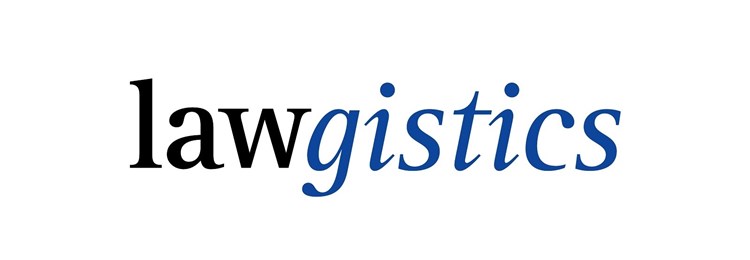
COVID-19 and the workplace FAQs
Date: Tuesday 18 January 2022
The rules regarding COVID-19 can be confusing for many, particularly with new rules being announced regularly, so Lawgistics have provided a list of answers to some frequently asked questions regarding COVID-19 and the workplace.
Q. My receptionist has called in and said their partner, who they live with, has COVID. Can the receptionist attend work?
If you live with someone who has tested positive, you are required to self-isolate unless any of the following apply:
- You’re fully vaccinated and you received your final vaccination at least 14 days ago
- You’re under 18 years old
- You’re taking part or have taken part in a COVID-19 vaccine trial
- You’re medically exempt from being vaccinated.
If the employee is not required to isolate due to the above exemptions, the employee should still be advised to take daily rapid lateral flow tests and to limit contact with others. This could include working from home, where possible.
Q. An employee has tested positive for COVID-19, how long do they have to isolate for?
The self-isolation period is typically 10 days from the date symptoms started, or from date of the positive test if no symptoms were present.
However, the self-isolation period has been reduced to 5 days with effect from 17 January 2022, providing a rapid lateral flow test is carried out on day 5 & 6 and:
- Both test results are negative
- The tests were taken 24 hours apart
- No symptoms are present.
If the test results are positive or you still have symptoms, you must continue to isolate for 10 days.
If you still have a high temperature or are feeling unwell after 10 days, it is advised that you continue isolating and seek medical advice.
Q. A customer who was in our garage yesterday has called and said they have tested positive for COVID. Should I tell my staff?
Those who have been in close contact with someone who has tested positive in the past 48 hours should be informed. For example, in this situation those who were on shift and in close contact with the customer should be informed and should be advised to take daily rapid lateral flow tests for 7 days.
It is also likely that those who have been in close contact with the customer will be “pinged”’ by NHS Test and Trace. Those alerted by the app will be advised by NHS whether or not they are required to isolate. The standard self-isolation exemptions mentioned above will apply.
Q. My sales manager tested positive for COVID 2 days ago but has called in saying he would like to come back as he has no symptoms. Can he come back?
No. A positive result still requires you to self-isolate for at least 5 days. The employee should take a rapid lateral flow test on day 5 & 6. If both tests results are negative and the employee is showing no symptoms, he can return to work (although limiting contact and working from home is encouraged, where possible).
If, however, the tests results are positive or symptoms are present, the employee must continue to isolate for 10 days.
As a reminder, those who breach self-isolation rules will be liable for a fine starting at £1,000. Employers who allow staff to breach the rules by returning to work early will also be liable for a fine up to £10,000.
Q. Can an employer force their staff to be vaccinated against COVID-19?
In April 2022 it will become mandatory for health and social care workers to be fully vaccinated. There are currently no regulations in place which allow other employment sectors to force their staff to be vaccinated.
Q. An employee has tested positive and is self-isolating. Do I have to give them full pay?
Employees may be entitled to Statutory Sick Pay (SSP) if they cannot work because they are self-isolating due to:
- Testing positive
- Someone in their household has tested positive
- They have been told by NHS Test and Trace to isolate
- They have been advised by a doctor to isolate before or after an operation.
The employee must be off work for at least 4 days in a row, including any non-working days. SSP should be paid for every day they are off work, from the first day.
The employment contract should be checked to see whether the employer offers more than SSP.
Q. My employees have not taken all of their annual leave due to COVID-19 and furlough. Are they entitled to carry over any unused leave?
Typically, employees are not entitled to carry over any unused leave between leave years, unless otherwise agreed.
However, the Working Time (Coronavirus) (Amendment) Regulations 2020 provides the right for employees to carry over 4 weeks leave into the next 2 leave years.
A year is the leave year as agreed between the employee and employer. The leave year is typically stipulated in the employment contract. For example, the leave year may align with the calendar year, 1 January to 31 December.
It is, therefore, likely that the employees may no longer be entitled to carry over any unused holiday after this leave year. Employees should be encouraged to use up any annual leave or face losing it.
The above rules apply to England only. Rules for Scotland, Wales and Northern Ireland may vary. If, however, you are unsure about the regulations in your area then IAAF members can call the Lawgistics legal helpline on 01480 455500.
